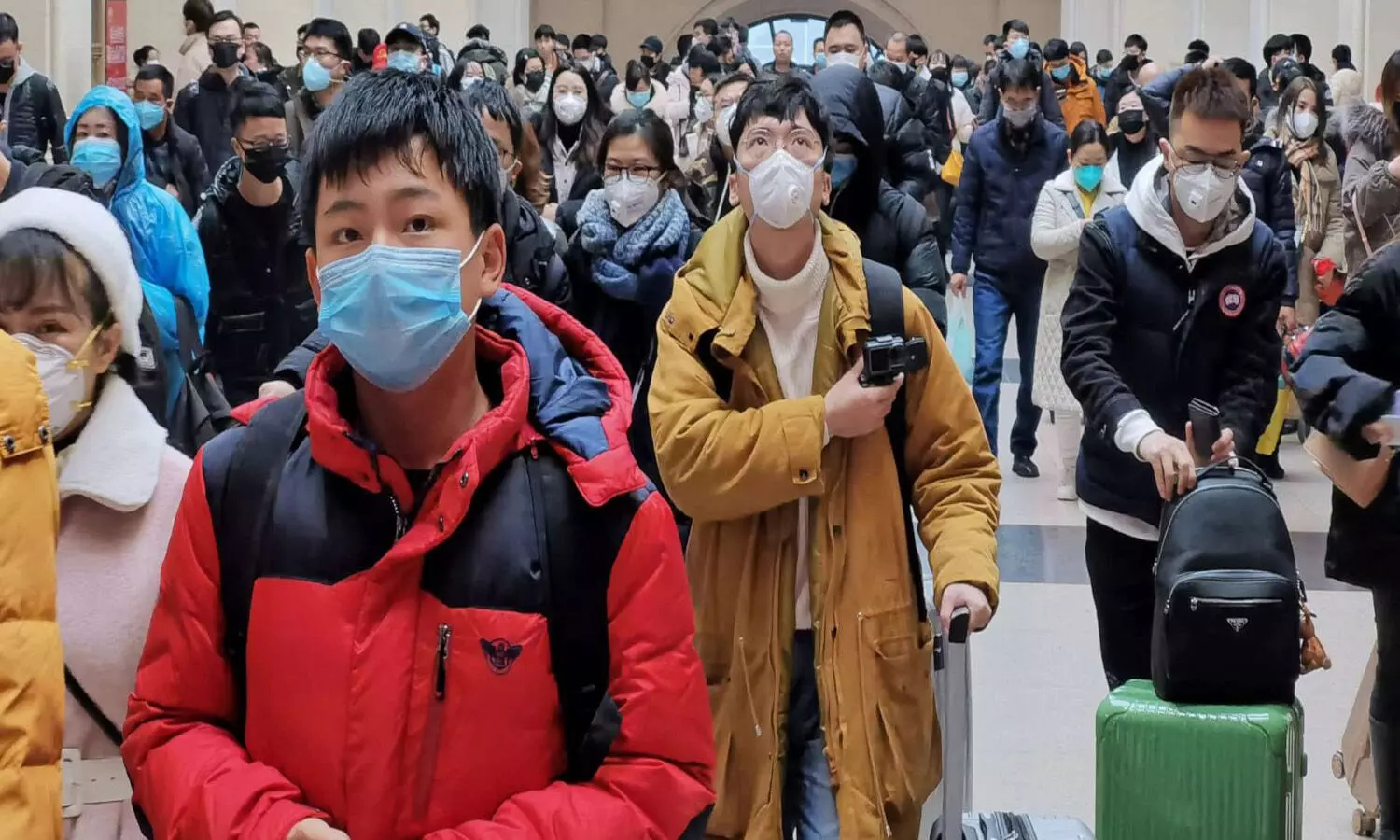TRENDING TAGS :
China's Struggle to Guard State Secrets: Unprecedented Challenges Ahead
As China undergoes its first revision of state secrets laws since 2010, discover the nation's increasing efforts to protect classified information amid heightened risks.
PC: Social Media
In a significant move, China's top legislative body recently updated its law on state secrets, marking the first revision since 2010. The National Administration of State Secrets Protection acknowledged that the country is currently facing "unprecedented risks and challenges" in its mission to safeguard national secrets. This revelation comes as President Xi Jinping intensifies efforts to enhance the security of classified information.
The institution stated, “Confidentiality work is facing a more complex and severe situation,” emphasizing the need to "unswervingly and consistently uphold the party’s unified leadership on secret-keeping." This underscores China’s heightened sensitivity over state secrets, aligning with Xi's broader vision of national security that now spans 20 fields, including biology, nuclear power, and data.
Xi Jinping's comprehensive approach to national security is causing a shift in the definition of what constitutes national security and state secrets. The increasingly expansive interpretation of these terms poses potential risks for government workers and foreign firms operating in China.
China's efforts to bolster its legal framework around sensitive information include the expansion of an anti-espionage law last year and the enactment of a comprehensive data security law in 2021. The recent update to the state secrets law didn't broaden the scope of what constitutes "state secrets," but it reiterated the long-standing principle that the Communist Party is in charge of secret-keeping work.
The revisions also include measures such as accelerating education efforts on the issue among citizens and civil servants and encouraging innovation in secret-keeping technology. Additionally, an annex to the legislation highlights the protection of work secrets—information that may not be considered a state secret but whose disclosure could have "certain negative effects."
It's worth noting that the Communist Party introduced rules on work secrets around 2019, and governments from local to national levels have been implementing these measures. Bloomberg News reported last year that China has been intensifying training programs at government agencies, universities, and state-owned enterprises on how to safeguard state secrets.
Authorities have also cautioned civil servants against conducting work via WeChat, citing the increased risk of secret leaking associated with the popular social media app. The amended state secrets law is set to take effect in May, reflecting China's ongoing commitment to adapt its legal framework in response to evolving challenges in information security.
As China grapples with the intricate task of balancing national security concerns and the need for transparency, the implications of these legislative changes extend beyond its borders. Foreign entities operating in China will likely need to navigate an increasingly complex landscape of regulations and heightened political sensitivity surrounding classified information.
China's recent legislative revisions highlight the nation's recognition of the evolving threats to state secrets. The comprehensive approach, led by President Xi Jinping, reflects the delicate balance between enhancing national security and managing the potential risks associated with an expansive definition of state secrets. The global community will closely observe the impact of these changes on businesses and diplomatic relations with China in the coming months.



